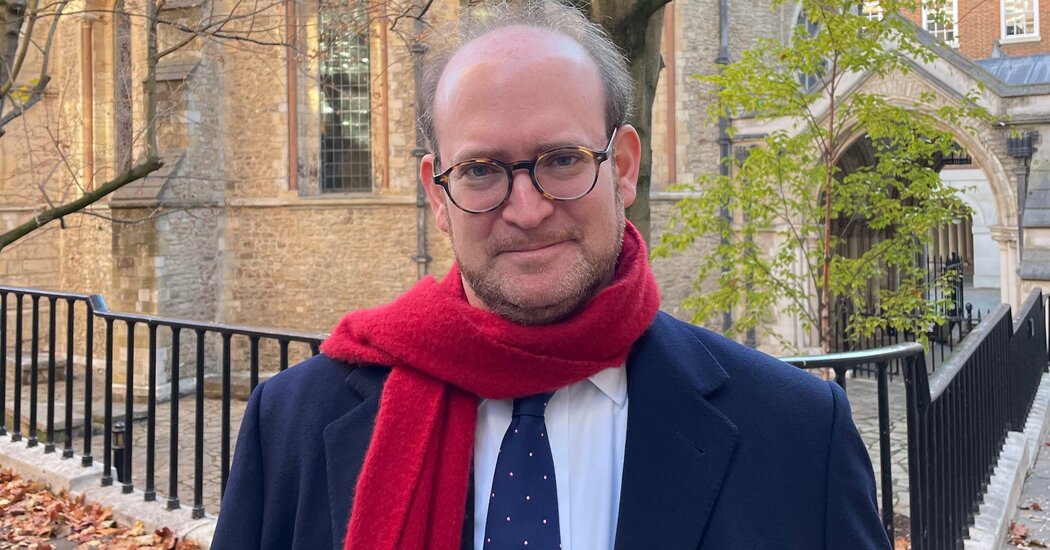
The woman in the sexual relationship did not cooperate with the original Princeton investigation. But after the Princetonian report, she filed a formal complaint that led the administration to open a new investigation, which it said was looking at new issues rather than revisiting old violations, according to the university report.
Princeton asserted that Dr. Katz had discouraged the woman from seeking mental health treatment while they were together, for fear of disclosing their relationship; that he had pressured her not to cooperate with the investigation in 2018; and that he had hindered that investigation by not being totally honest and forthcoming, according to the report.
Dr. Katz’s wife, Solveig Gold, said he had lost many friends over the controversy. “Nobody wants to be seen in his presence, in his company, in his friendship,” she said.
Ms. Gold, 27, who is finishing her Ph.D. in classics at the University of Cambridge, graduated from Princeton in 2017. She said that she had been his student, but that there was no romantic relationship between them at the time. They married in July 2021.
Ms. Gold said her husband had several job offers. “The canceled have a way of looking out for each other,” she said. “But none of them is the job that he has loved doing his whole life.”
Some of Dr. Katz’s colleagues are treating his Quillette article as a lesson. It has been included on a university website, “To Be Known and Heard,” that tackles Princeton and systemic racism. The site includes a historical outline of free speech controversies, starting with minstrelsy and ending with quotes from his article.
The timeline states, “Throughout its history, Princeton has grappled with what crosses the ‘line’ between free speech and freedom of expression, and racist statements and actions.”
Sheelagh McNeill contributed research.




